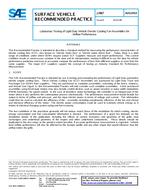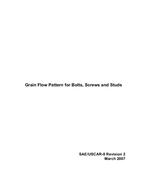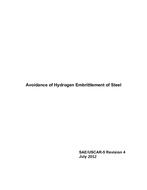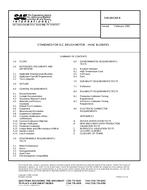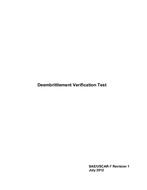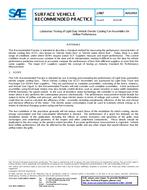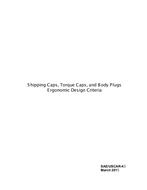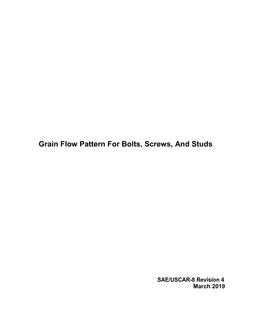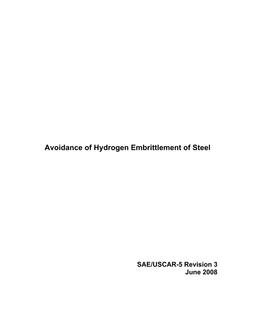Description
This SAE Recommended Practice is intended for use in testing and evaluating the performance of Light Duty automotive electric engine cooling fans. These Electric Cooling Fan (ECF) Assemblies are purchased by Light Duty Truck and Passenger Car OEM’s from suppliers. They are purchased as complete assemblies, consisting of the fan(s), motor(s), and shroud (see Figure 1); this Recommended Practice will only consider such complete assemblies. Some purchased assemblies using brush-type motors may also include control devices such as power resistors or pulse width modulation (PWM) electronics for speed control. In the case of brushless motor technology, the controller is an integral part of the motor where it also performs the commutation process electronically. The performance measurement would include fan output in terms of airflow and pressure, and fan input electric power in terms of voltage and current. This information could then be used to calculate the efficiency of the assembly, including aerodynamic efficiency of the fan and shroud and electrical efficiency of the motor. The electric power consumption could be used to estimate vehicle energy as it relates to electrical charging system sizing and fuel economy.
The test conditions in the procedure generally will not always match those of the installation for which cooling, electric energy consumption and fuel consumption information is desired. The performance of a given fan depends on the installation details of the application, including the effects of system resistance and geometry of the grille, heat exchangers and underhood geometry of the engine and other underhood components. These details should be duplicated in the test setup, to the greatest extent possible, if accurate performance measurement is expected. Vehicle level airflow performance will also be affected by the bumper profile and any other shape that would influence how the airflow enters the grille.
Includes Fan, Motor, Shroud, Stators, Electrical Connector and Pressure Relief Flaps for High Vehicle Speed Applications
Product Details
- Published:
- 08/01/2014
- File Size:
- 1 file , 230 KB

